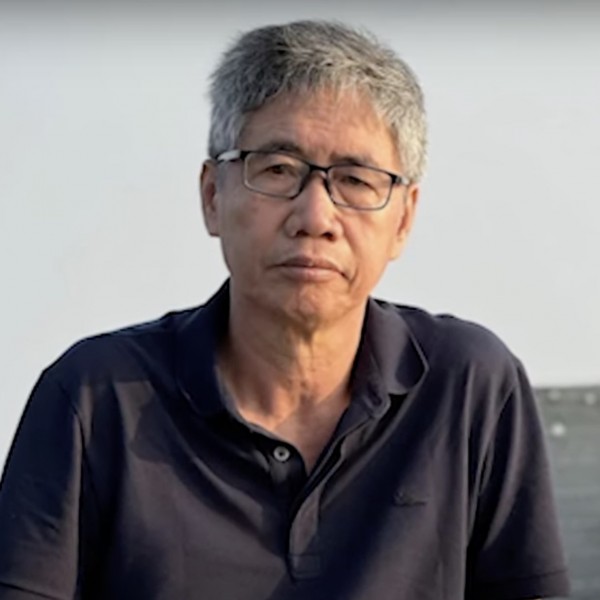Bloggers across Asia face criminal charges and significant prison time for their postings, highlighting the increasingly restrictive levels of online censorship in the region.
In Vietnam, Pham Minh Hoang, a university teacher and blogger, was sentenced to three years in prison as well as three years of house arrest on Wednesday on a charge of allegedly attempting to overthrow the government and undermine national security. Under the pen name Phan Kien Quoc, Hoang wrote about education, the environment and Vietnam’s relations with China.
“My writings were not aimed at overthrowing anyone,” Hoang said in court. “I only pointed out the negative things in society, and I think the country needs to be more democratic.” According to the BBC, Hoang’s dual French and Vietnamese citizenship aided in the leniency of his sentence–those charged with subversion can face a up to 15 years in prison.
In Thailand, Kasetsart University student Norawase Yospiyasathien was arrested on charges of lese majeste for writings on his blog. The exact message of his postings is unclear, but it prompted the university’s deputy rector to file charges under the Computer Crimes Act of 2010, which includes broadly interpreted matters of national security and lese majeste. Yospiyasathien was detained for three days before being released on bail of 500,000 baht (approximately €12,000) on 8 August. He can face up to 15 years for lese majeste and an additional five years for violating the Computer Crimes Act.
Lastly, in China, controversial artist and outspoken human rights advocate Ai Weiwei recently voiced his support via Twitter for bloggers Wang Lihong and Ran Yunfei, who have been detained for “creating a disturbance” and “inciting subversion of state power,” respectively. According to the Guardian, Weiwei on Tuesday tweeted: “If you don’t speak for Wang Lihong, and don’t speak for Ran Yunfei, you are not just a person who will not stand out for fairness and justice; you do not have self-respect.”
Wang awaits trial later this month for protesting in support of bloggers facing slander charges for writing about a suspicious death. She faces up to five years in jail if sentenced. Ran had been imprisoned since March for critical writing aimed at the ruling Communist party. On Wednesday, he was released but placed under six-month house arrest and surveillance, which forbids him from making any public forms of expression.
The cases and bloggers vary in scope and political influence, but they all call attention to some governments’ continued crackdowns on information distributed through online media. For China and Vietnam, which already employ tightly-monitored, state-run media systems, blogs and online forums are among the few outlets for expression in general; the arrests of prominent, educated individuals for stating opinions on these media further diminishes what limited freedom already exists.
Additionally, Thailand’s Computer Crime Act, passed by the country’s military government in 2007, has been strongly criticized by journalists and press freedom groups as it foresees prison terms of up to five years for publishing forged or false content that endangers individuals, the public, or national security.


